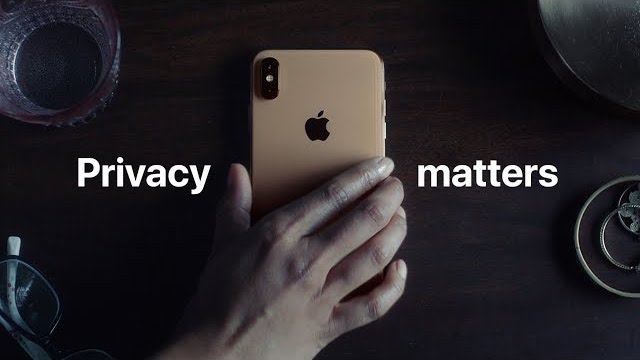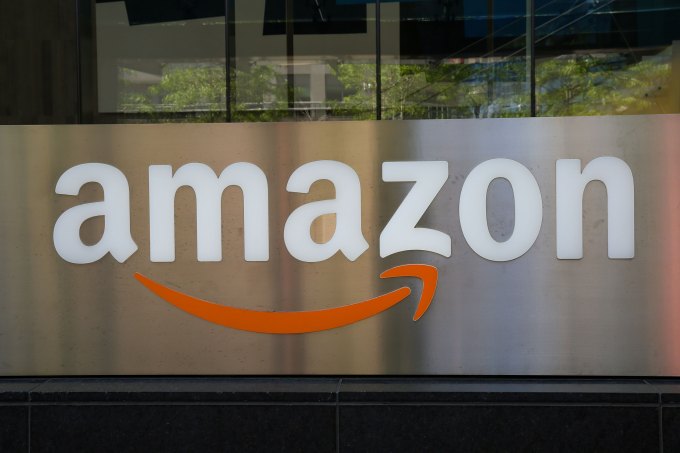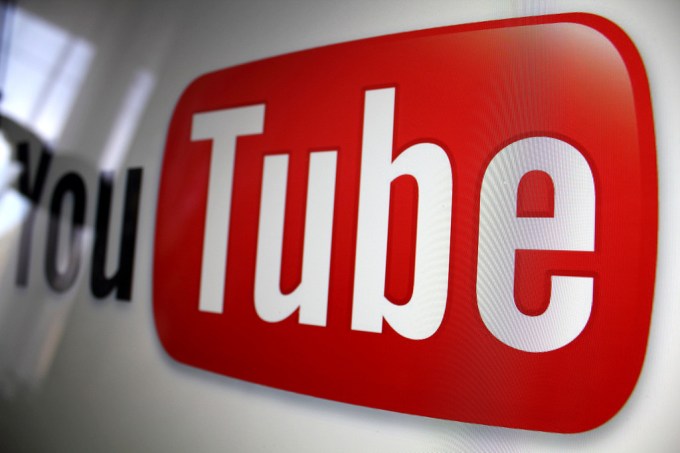Hey. This is Week-in-Review, where I give a heavy amount of analysis and/or rambling thoughts on one story while scouring the rest of the hundreds of stories that emerged on TechCrunch this week to surface my favorites for your reading pleasure.
Last week, I talked about Google’s Android naming switch-up.

The big story
Like clockwork, sources have been revealing to publications that Siri, Alexa, Google Assistant and Facebook M aren’t just digital assistants, they are portals into the AI workflows of Silicon Valley. Oh, and “AI workflows” means lots of contractors putting in quite a bit of manual work to understand what we want when we ask them questions.
This week, Apple announced that it’s completely changing how it handles reviewing audio from user Siri requests to ensure that users know exactly what they’re getting into privacy-wise.
The big change is that third-party contractors won’t have access to any of the clips for a process called “grading” and there is an explicit opt-in process for users. The company also gave a pretty explicit apology, which is pretty rare for an entity that seems to think its MacBook keyboards are still completely fine.
This whole situation is important for a couple reasons. One, Apple really sets the tone for consumer privacy among the tech giants so making notable changes here is positive and might push others to make similar updates. Two, Apple has the worst consumer-facing digital assistant. Like, Siri is just unquestionably worse than Alexa and Google Assistant so they arguably have the most to lose here and this is a decision that means less data for the company to hone its tech on.
Together, all of these gaffes really weren’t egregious, they were dealing with data that wasn’t nominally connected to users, but audio files should definitely be treated with a little more respect than anonymous crash reports. The journalism from publications like The Guardian pushing on “common” industry practices seemed to surface some positive change here.
Send me feedback
on Twitter @lucasmtny or email
lucas@techcrunch.com
On to the rest of the week’s news.

Trends of the week
Here are a few big news items from big companies, with green links to all the sweet, sweet added context:
- Nintendo’s portable gets more portable
The Nintendo Switch has been a huge success for the company, but in a new hardware update, the giant is doubling down on portability and simplicity in what might be a bid to capture some of the market it’s left behind from the DS line. Read more about it here. - Former Google engineer gets indicted
Autonomous tech guru Anthony Levandowski who was as the center of the contentious Waymo-Uber lawsuit is back in the spotlight after he was handed a federal indictment with 33 counts of theft and attempted theft of trade secrets. Read more here. - Apple’s next hardware event is on its way
The company just sent out invites to reporters for its iPhone event this month. Read more here. - Jack gets hacked
Twitter like to dream about its impact and influence in ways that feel less realistic to the average user scrolling through spam and insults, but CEO Jack Dorsey got a taste of the seedy underbelly of the site when his Twitter account was hacked Friday and bomb threats and racial slurs were sent out. Read more here.
GAFA Gaffes
How did the top tech companies screw up this week? This clearly needs its own section, in order of badness:
- YouTube’s conspiracy theory devolution:
[YouTube to reduce conspiracy theory recommendations] - Facebook brings in some long overdue political advertising oversight:
[Facebook will require political advertisers provide further credentials or have their ads paused]

Photo by Dinendra Haria/SOPA Images/LightRocket via Getty Images
Extra Crunch
Our premium subscription service had another week of interesting deep dives. We published a roadmap for entrepreneurs looking to leverage Amazon and other ad platforms to create a direct-to-consumer startup.
How to use Amazon and advertising to build your D2C startup
“…This article focuses on customer acquisition, particularly Amazon and online advertising, for the direct-to-consumer (D2C) CPG venture. Selling on Amazon, specifically third-party (3P), has become an increasingly important component of the D2C playbook. About 46% of product searches start on Amazon, which makes it a compelling source of sales even for early-stage ventures….” (Extra Crunch membership required.)
Here are some of our other top reads this week for premium subscribers. This week, we published some analysis on the latest VMware deal and also looked at how startups should integrate customer success solutions early-on.
- How Pivotal got bailed out by fellow Dell family member VMware (Extra Crunch membership required.)
- Customer success isn’t an add-on, start early to win later (Extra Crunch membership required.)
Sign up for more newsletters in your inbox (including this one) here.
from TechCrunch https://ift.tt/2LesULS
via IFTTT

No comments:
Post a Comment